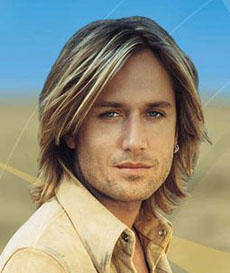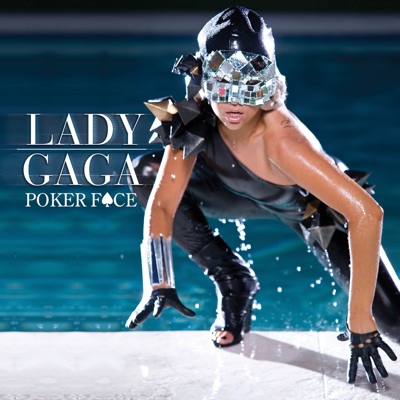Talking with a jazz legend.
Videos by American Songwriter
Senior Editor Paul Zollo’s book Songwriters on Songwriting (Da Capo) is currently in its fourth edition. Overflowing with candid interviews, Zollo’s keen questions with 62 songwriters provides an exciting and necessary read for anyone interested in the craft. From Bob Dylan to Frank Zappa, Merle Haggard to R.E.M., these interviews are nothing short of a treasure.
Now AmericanSongwriter.com readers can rediscover some of these classic Q&A’s. Check out the Paul Zollo Blog each Friday to read excerpt from Songwriters on Songwriting. We’re proud to kick of this bi-weekly blog with a section of Paul Zollo’s interview with Dave Brubeck.
DAVE BRUBECK
Santa Monica, California 1995
At this point in his life, sitting outside at a sunny Santa Monica hotel, Dave Brubeck is one of America’s few living legends of jazz. Most famous for a song that he didn’t write but did inspire, “Take Five,” written by his cohort Paul Desmond on Brubeck’s suggestion, this master of the keyboard is in town to perform with his quintet at the Hollywood Bowl, a venue he’s not crazy about. “You can’t hear anything at the Bowl,” he said softly, while munching on almonds and drinking bottled water. “The distance between the audience and the musicians is much too great.”
It’s that distance that he’s been trying to overcome over the years, convinced that the public, much more than the honchos of the record companies who often call the shots, can appreciate all the complexity and richness his music can hold. When it was time to put out his now classic Time Out album, featuring the famous “Take Five” in 5/4 time and other pieces in odd time signatures, the record company told him it would never fly, since it’s impossible to dance to anything outside of a strict 4/4 meter. They were obviously entirely wrong-the album became the biggest success of Brubeck’s career, and he gained the wisdom that has guided his career: follow the music first wherever it leads. All else is secondary.
When you started playing jazz, it was all by ear?
Oh yeah.
Is it true that you can write down music but that you have trouble reading it?
Yes. Very true. To this day I’m not a good reader but I can write quickly. I can’t figure it out so don’t ask me why. I didn’t have any trouble playing jazz. I could play a piece I heard a few times usually.
Do you write a melody first, or do you ever start with a rhythm or a set of chord changes?
I start all different ways. If I’m doing an oratorio, I look at the words and try to match a melody and an emotional response to the words. I just wrote a piece based on the speech of Chief Seattle, so I used Native American rhythms, to some extent, and melodies, and the orchestrations have a feel of Native American orchestration. It uses percussion-rattles and things-and cello, which is not Native American but which seems to work. And bassoon and string bass. And two flutes. And the two flutes really work well to set up a Native American sound. We recorded that with the Greg Smith singers. I hope to have it out someday soon. It’s called “Earth Is Our Mother.”
You’re known in your solos for being more rhythmic than melodic-
There’s a lot melodic things that people don’t know. I don’t think you can get much more melodic than the “Over the Rainbow” I did in 1951. It’s about as melodic as anyone got and as soft as anyone plays the jazz piano. So these pigeonholes that people attempt to put me in, I can always tell you that they’re not true.
When you sit down to write, do ideas usually come easily?
It comes in all ways. Sometimes melody first, sometimes a chord progression, sometimes a rhythmic pattern. Sometimes I’ll dream it. And I have sense enough to jump right out of bed and jot it down, or I’d never remember it. That’s great when that happens. And don’t go back to sleep!
Does that make you feel that they are gifts, that they are given to you?
Yeah, a few times. It doesn’t happen very often.
Certain songwriters have said that they feel songs are like gifts, coming from somewhere beyond them.
Yeah, I can see how they could say that. Because all of a sudden it’s there in your mind and you might not be at a piano and you might not even have thought you were trying to compose. You’re driving a car or something and pow, it’s there.
Paul Zollo is currently working on a new edition of Songwriters on Songwriting. You can order the most recent edition, containing the full version of this interview at Amazon.com.








Leave a Reply
Only members can comment. Become a member. Already a member? Log in.